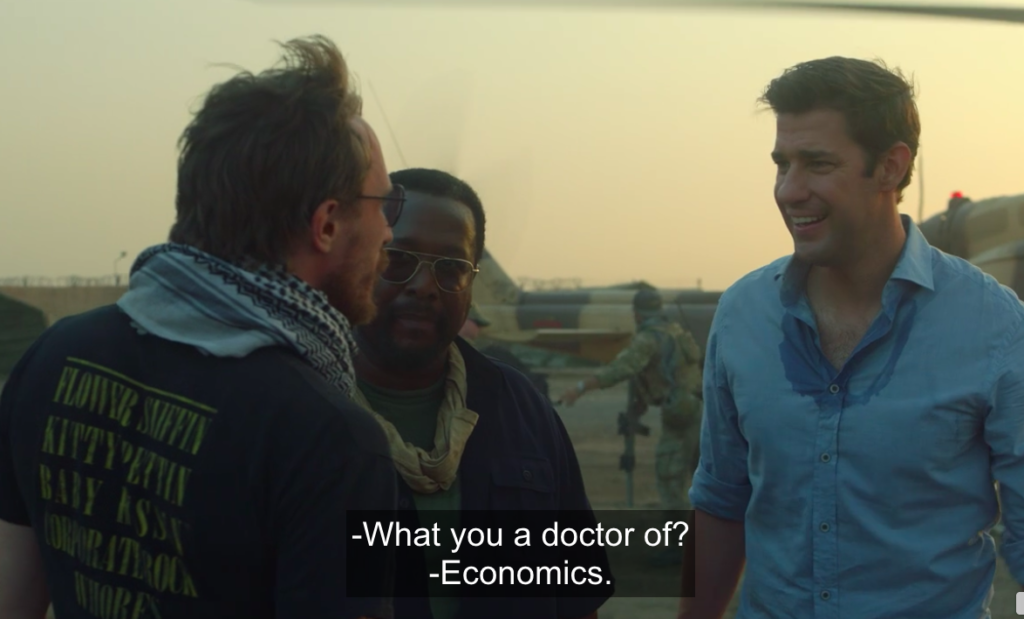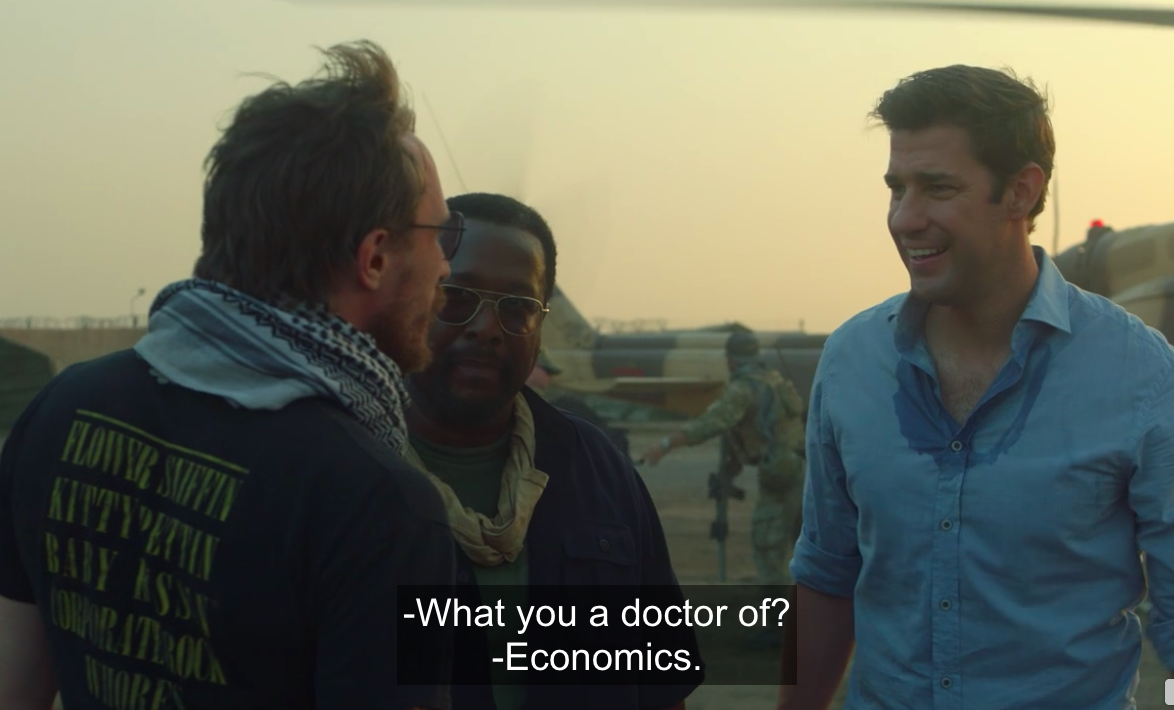
(In honor of the new Jack Ryan season)
Guest post by Jeff Mosenkis of Innovations for Poverty Action.
- Dave Evans offers a short PhD in Michael Kremer’s work, with quick summaries of 100+ of his papers. But being a Nobel-winning researcher is only one of his jobs. He’s founded, or been instrumental in, more than one non-profit, and in USAID DIV. As a friend told me this morning, most people who know him from just one facet of his life often never know about his many other accomplishments.
- GiveWell is hiring people for their impact research work at the Ph.D. and other levels. Impressively, they do sponsor work visas, so please let people outside the mainstream U.S. world know. Reach out to them at jobs at givewell.org with questions.
- Side note: The first is another example of a good Ph.D.-level job doing meaningful, applied work. IPA recently hired three Ph.D.s to lead applied research agendas, does anybody know of good resources for Ph.D.s looking for non-professor jobs in development? (let me know and I’ll share)
- Also, a cool (but only part-time) U.S. field RA job in Omaha, working on an eval of unconditional cash transfers for mothers of new babies (including brain/bio measures).
- An interesting paper reminded me of the 1800’s version of a current debate on the value of philanthropy in providing public goods. (Oversimplifying, tax-exempt philanthropy represents an abdication of government responsibility, and public subsidy to the whims of a few, or else, the counterfactual taxation of that wealth would mean a much smaller amount going to the government, out of which, an even smaller sliver would go to those kinds of causes.) What missing ingredient could help shed some light on this heated controversy? How about Oxford’s Asli Cansunar’s dataset on Ottoman-era drinking fountains in 1876? (I know, you were about to say it).
In Istanbul, clean water, along with many other public services, was provided by wealthy Muslim philanthropists, with little government involvement. Cansunar shows that the majority of the water fountains went into the neighborhoods of other Muslim and elite groups, rather than other religious and ethnic communities, so even the philanthropies set up to provide for the public good ended up showing in-group favoritism. (h/t Dani Rodrik) - In Science Obermeyer, Powers, Vogeli, & Mullainathan show a pretty dramatic consequence of large dataset-trained algorithms being used to provision public goods (Washington Post summary). The commercial algorithm, sold to help health systems identify at-risk patients for more intensive interventions for millions of patients, misallocated resources away from Black patients to white ones, even though it was developed without ethnicity as a variable. It used prior healthcare spending as a proxy, and less is spent on Black patients. “Remedying this disparity would increase the percentage of Black patients receiving additional help from 17.7 to 46.5%,” the authors report.
As Mullainathan told the Post,”It’s truly inconceivable to me that anyone else’s algorithm doesn’t suffer from this.” - LOST, from Nick Huntington-Klein, is a Wiki Library Of Statistical Techniques including code for doing each function in different stats packages. (h/t this guy who changed his twitter name to a Halloween handle and I don’t remember what it was before)
- Tyler Cowen recommends this article based on a talk by Nathan Nunn on aid and development.

